
Laura El-Tantawy’s newest book, In the Shadow of the Pyramids, might appear to be a straight-up exploration of the 2011 Egyptian revolution, but when asked to describe the project, she finds it easier to explain what it’s not about.
“It’s not a book about Egypt,” she tells TIME. “It’s a personal exploration; dark, chaotic, sentimental and passionate. It’s not informational or educational [either]. It is a factual book that explores a place of personal significance through imagery that is predominantly impressionistic.”
El-Tantawy — who grew up in Cairo but left with her family in 1998 — has spent most of her life outside the country. But in 2011, when the revolution began, she felt a deep urge to return, to both document what was happening, and to explore her own relationship with its people and culture.
This book, she says, expresses the conflict she experienced in trying to establish a sense of belonging in a place that was going through massive political upheaval, and one that she had been absent from for many years. “The juxtaposition of past and present is key,” she continues, nodding to a series of self-penned, diary-like recollections that pepper the work, “since these memories have been my strongest tie to Egypt.”
She hopes readers will gain insight into the inner workings of her mind through a project that reveals fragilities she would normally keep secret. “I couldn’t compromise the honesty of the book by hiding,” she adds. “The book is an experience, the images guide you through it and the text punctuates it. It is edited to look like it is all happening in one night,” El-Tantawy says. “Peace and tranquility by day turning to chaos and darkness [like] something really nasty is happening. Then a new day begins.”
In the Shadow of the Pyramids will have a relatively small print run (just 500 copies) because she says it is a special, and very personal, project. “There is attention to the finest details and it all fulfills the delicate and personal nature of the work,” she adds. “I see this book appealing to book collectors, art lovers, people with a specific interest in Egypt.” She is also keen to produce an alternative and cheaper version of the book for an Egyptian audience.
“I decided to go at it alone,” she adds, speaking about her decision to self-publish. “I did all the work and invested all the money to make sure I produce a beautifully realized book. I made sure to work with the best in the business, from design (SYB), to the lithography (Colour & Books), printing (Jos Morree) and binding (Handboekbinderj Geertsen). At the start of the process I had cold feet because I was terrified of failure since this is my first book. The response I received based on the dummy version was impressive and this made making hard decisions easy,” she says.
Her advice to photographers who may be thinking of self-publishing? “The most important is being confident in what you want and having a good reason to make a book to start with. This allows you to make brave decisions. The work never stops. [So] I made sure to surround myself by people who knew much more about book making than I ever will.”
And the potential payback for all the hard work, for both El-Tantawy and other self-publishers? “The book gives me a sense of personal closure,” she says. “I feel released and now I can move on.”
Laura El-Tantawy is an Egyptian photographer. Her book In the Shadow of the Pyramids is available for order now.

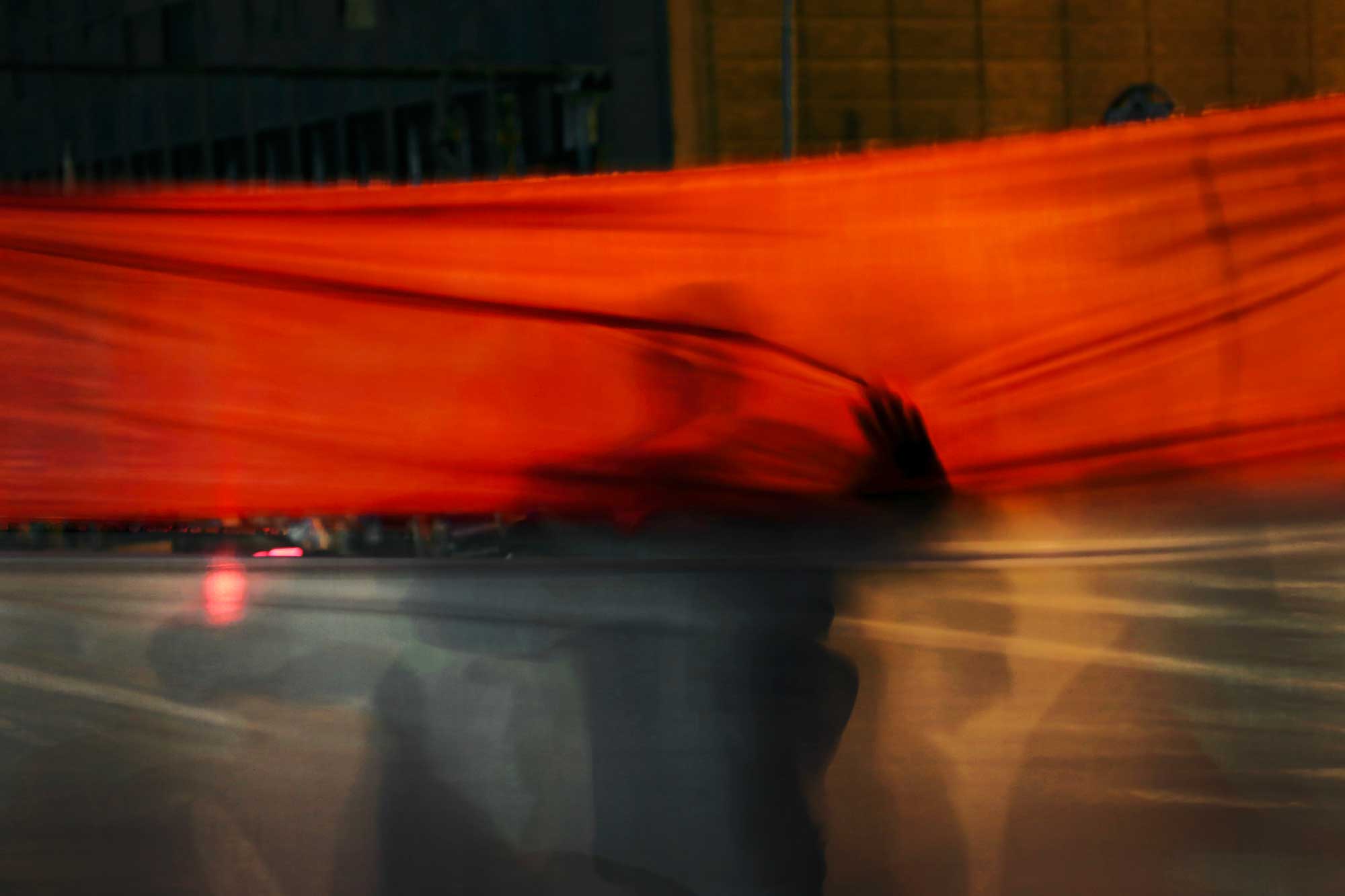
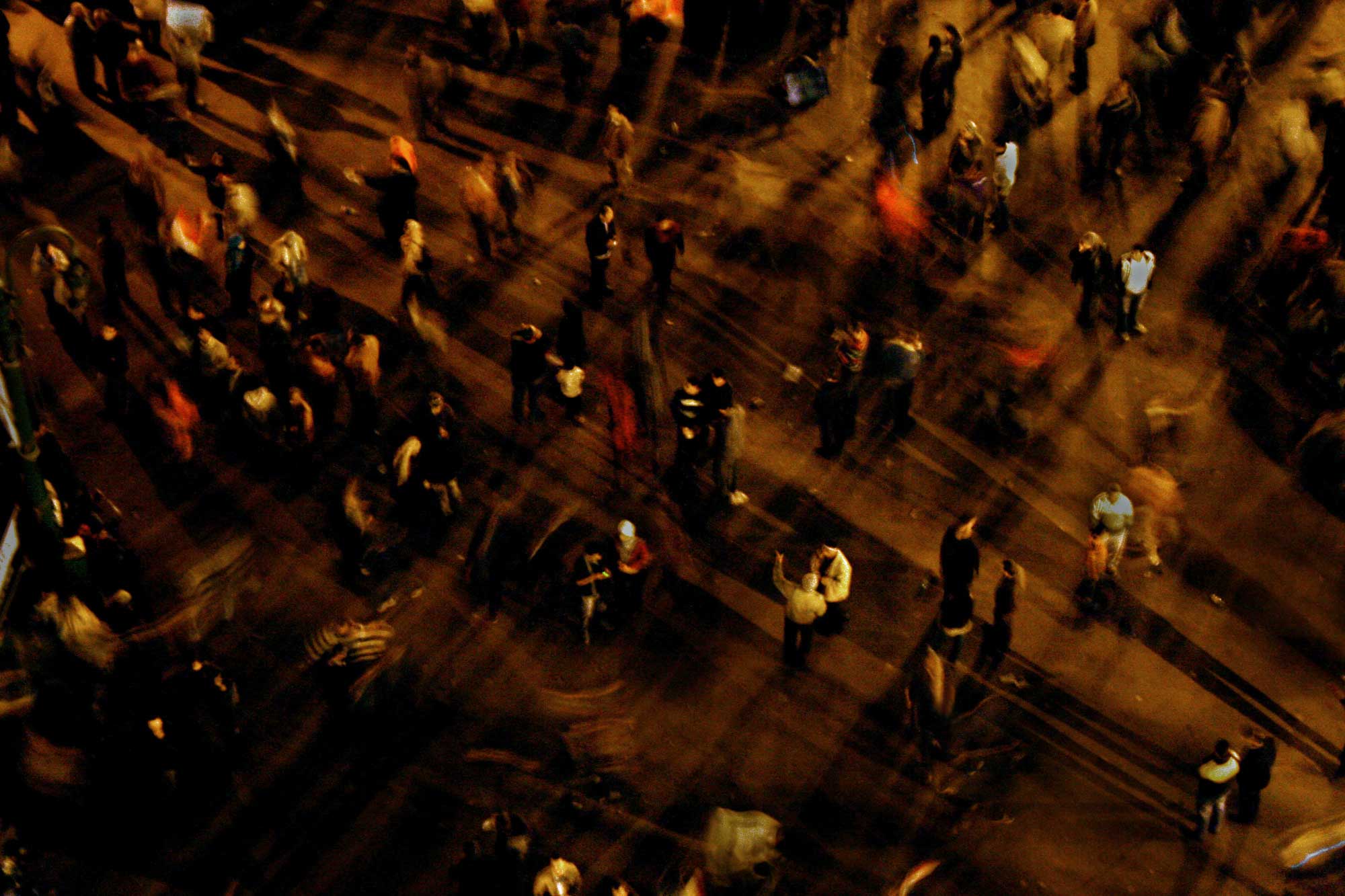
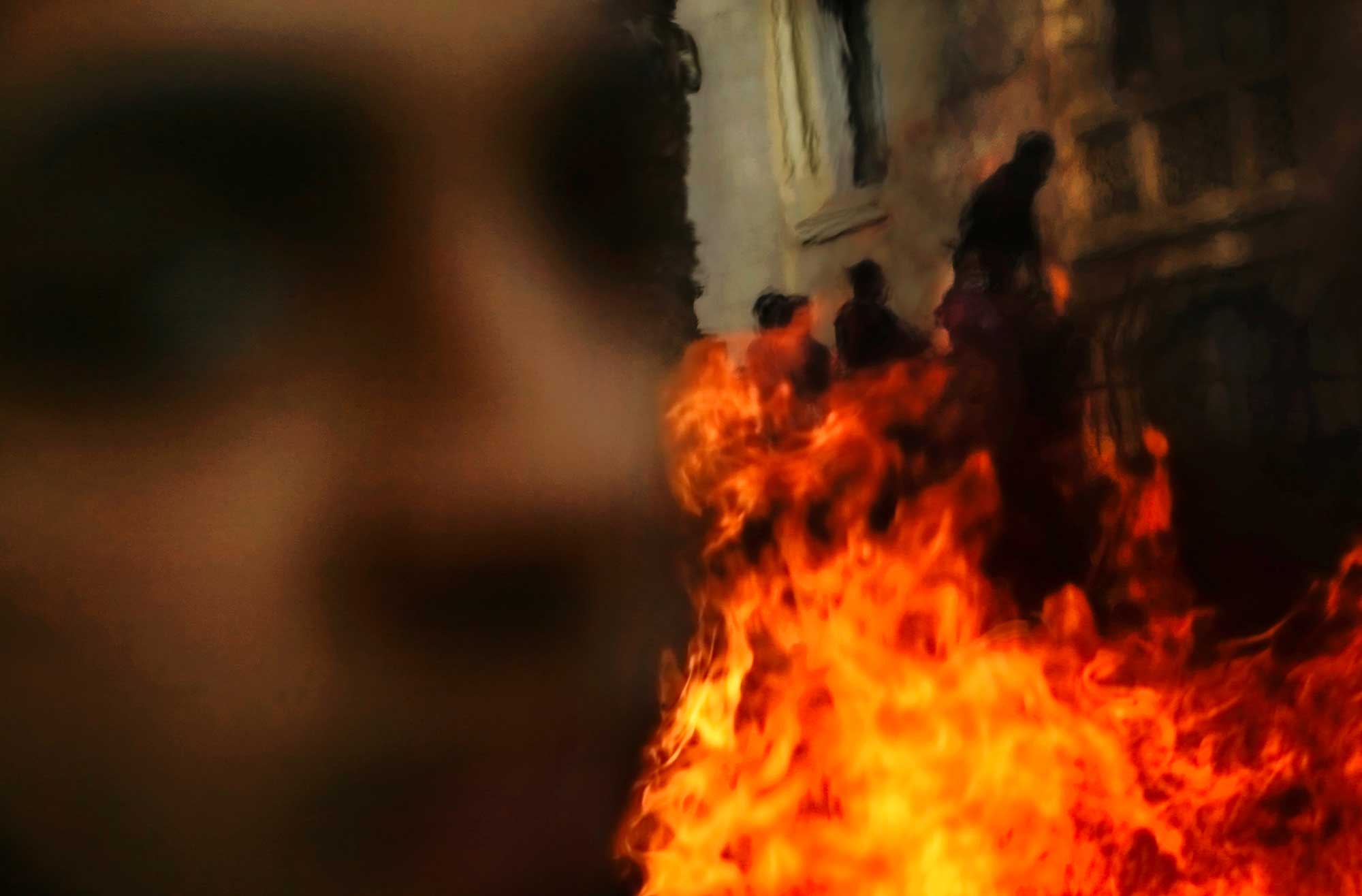
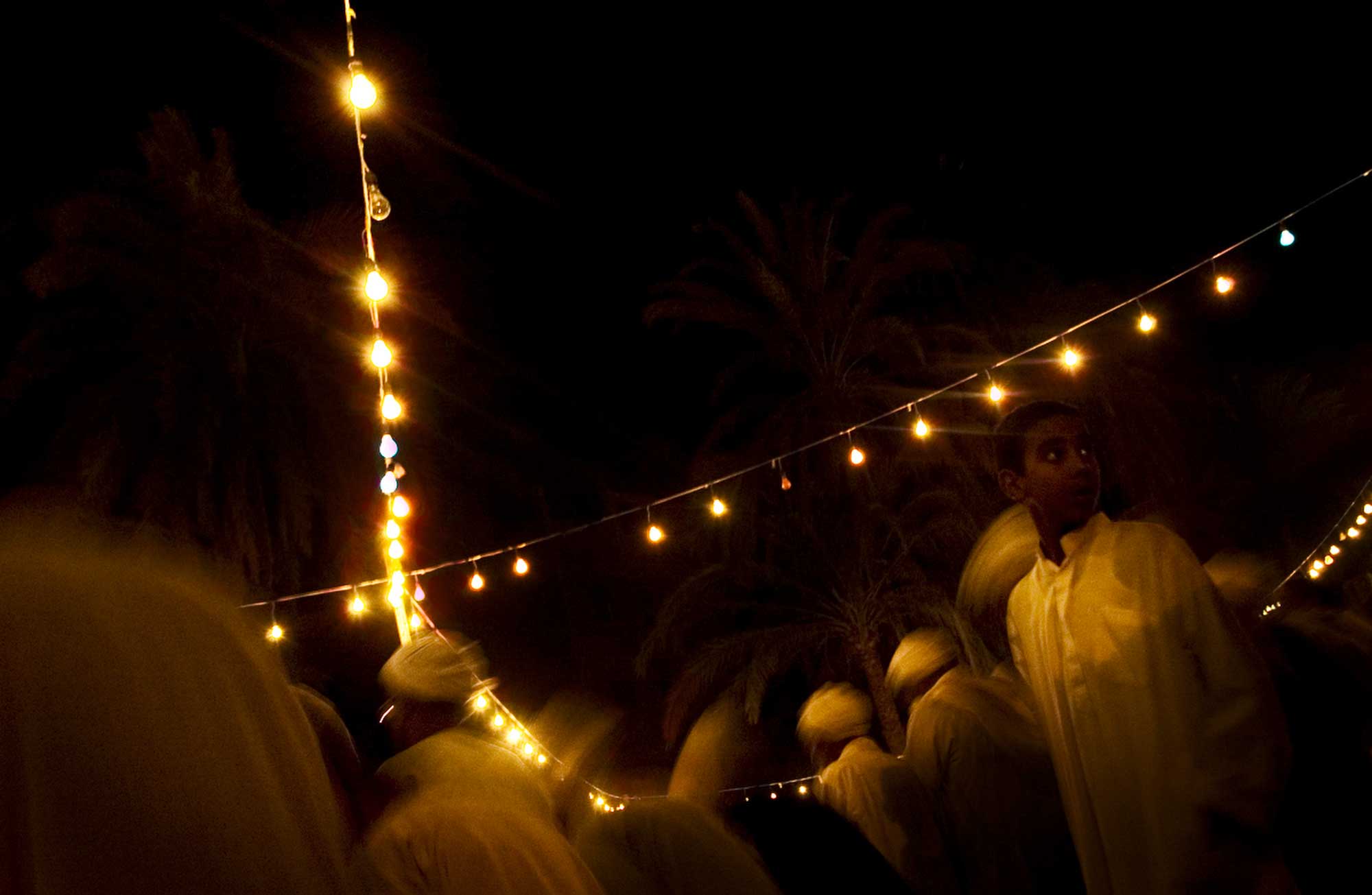
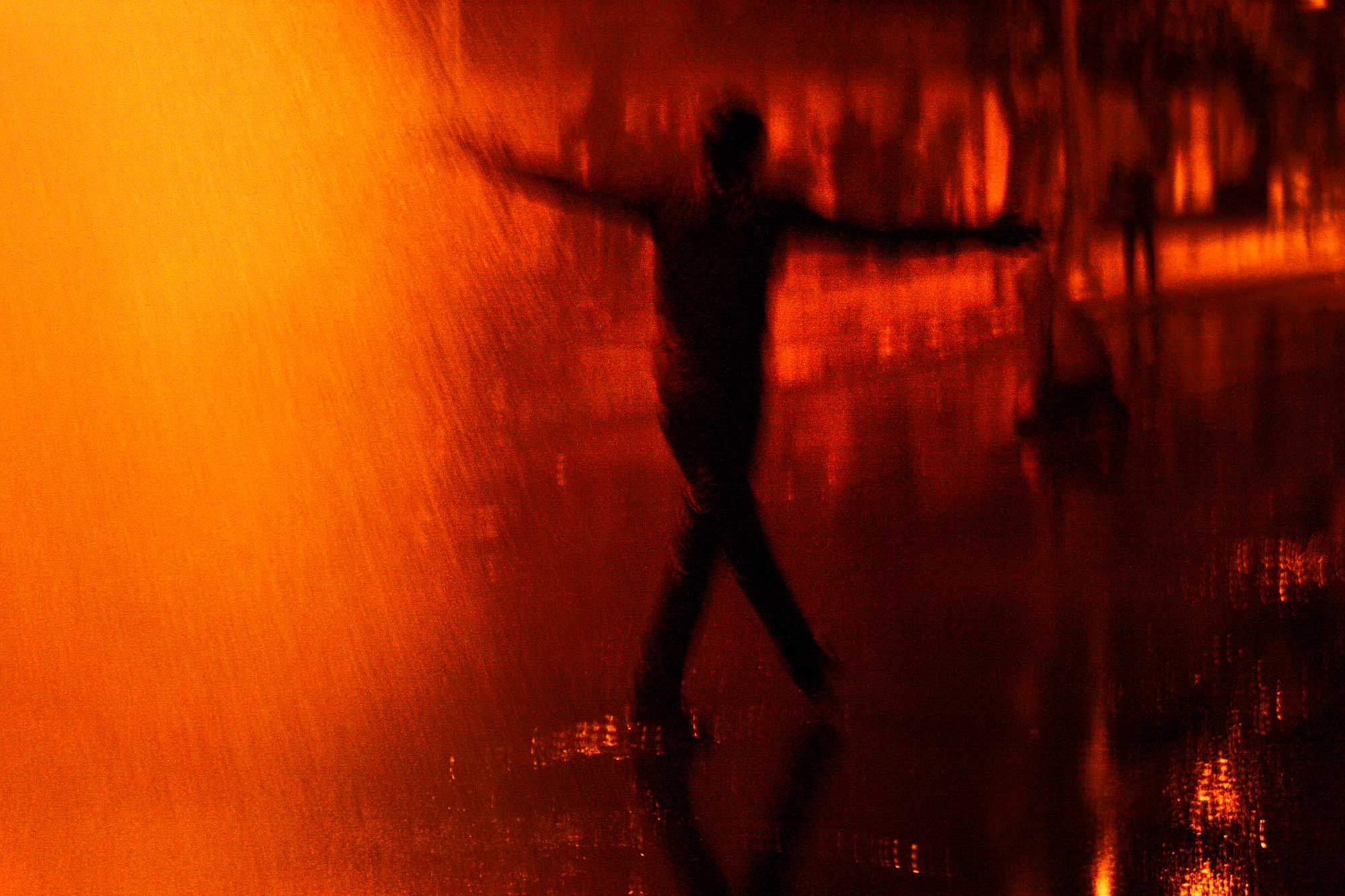
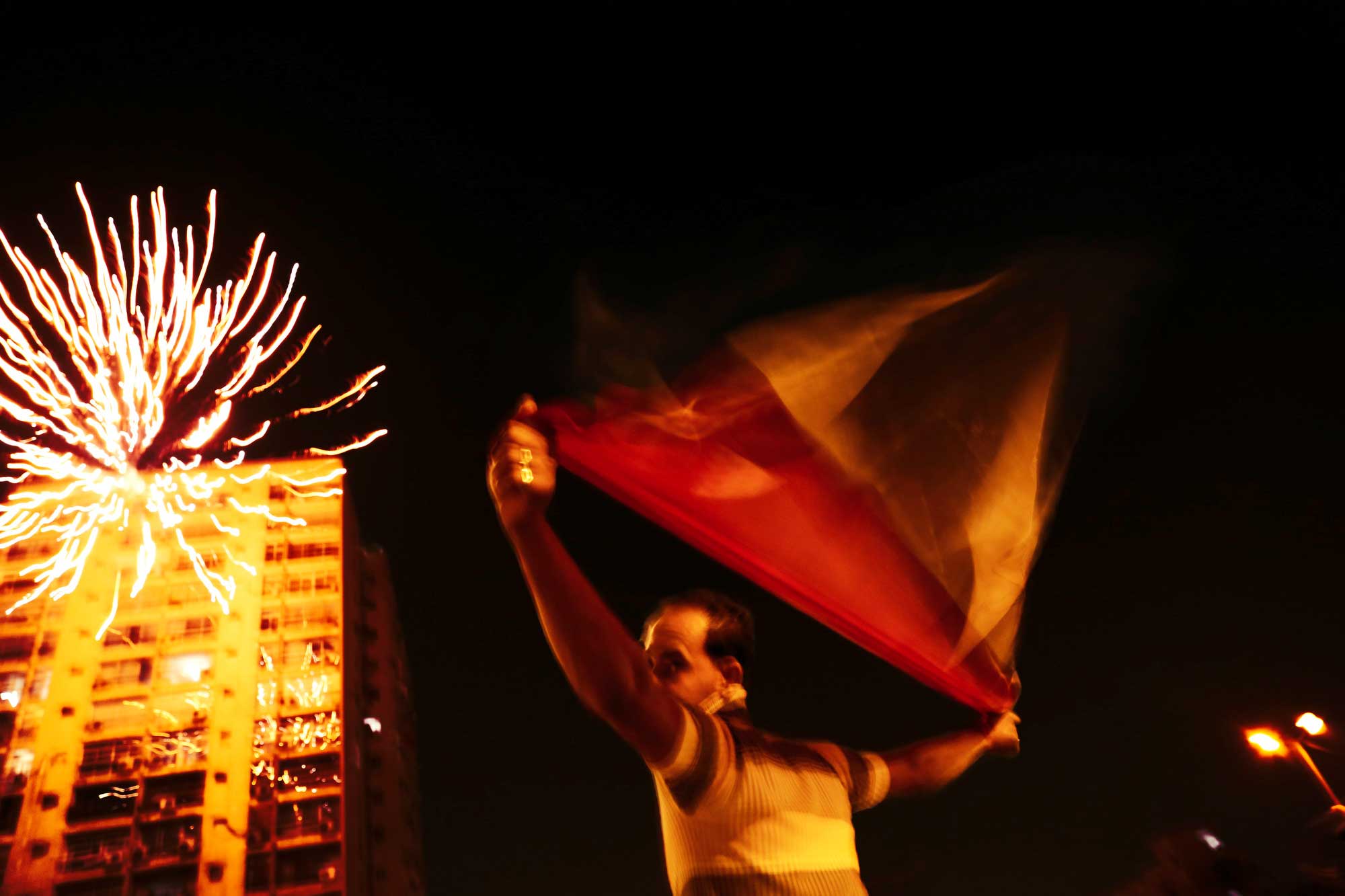

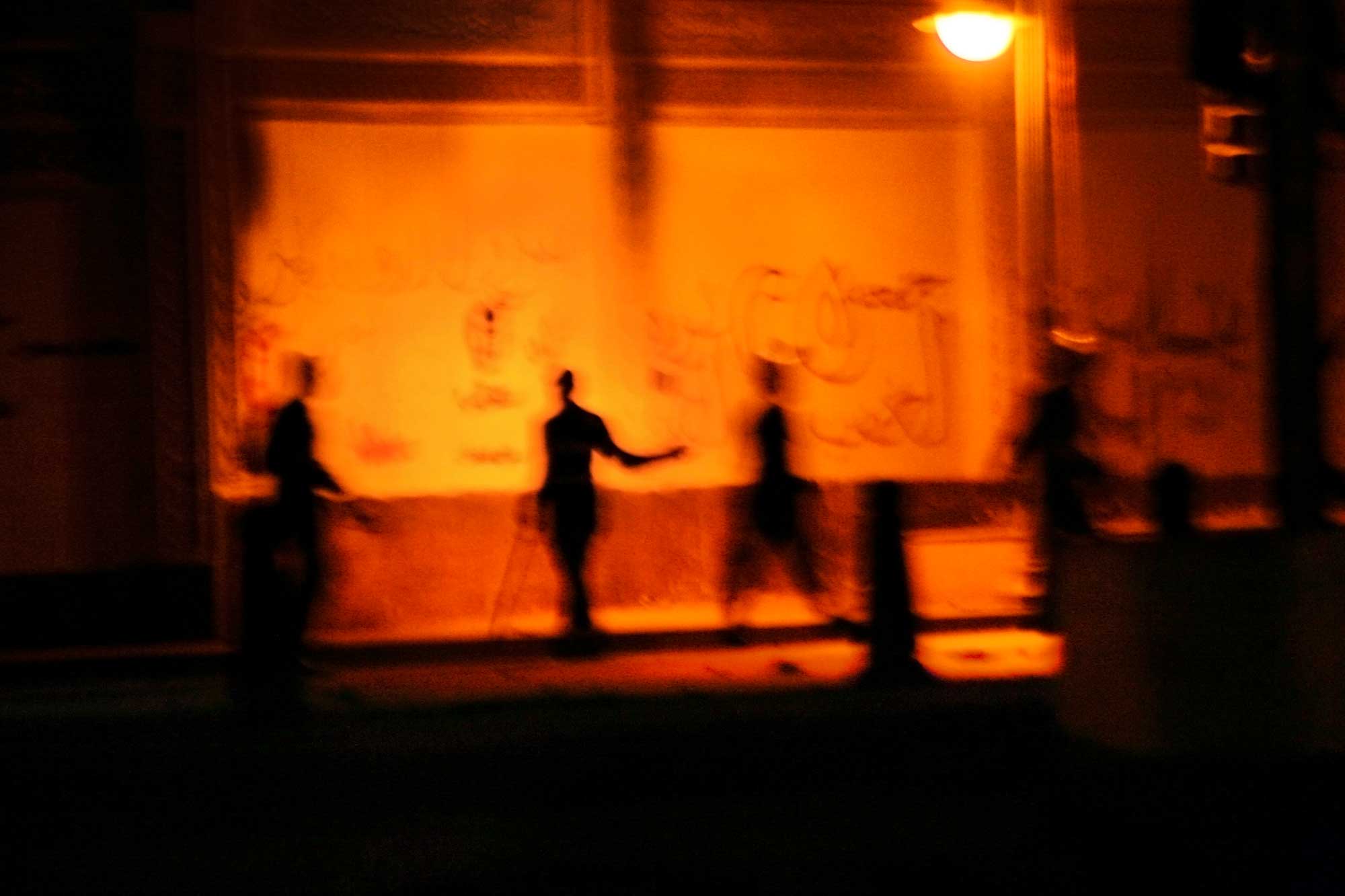
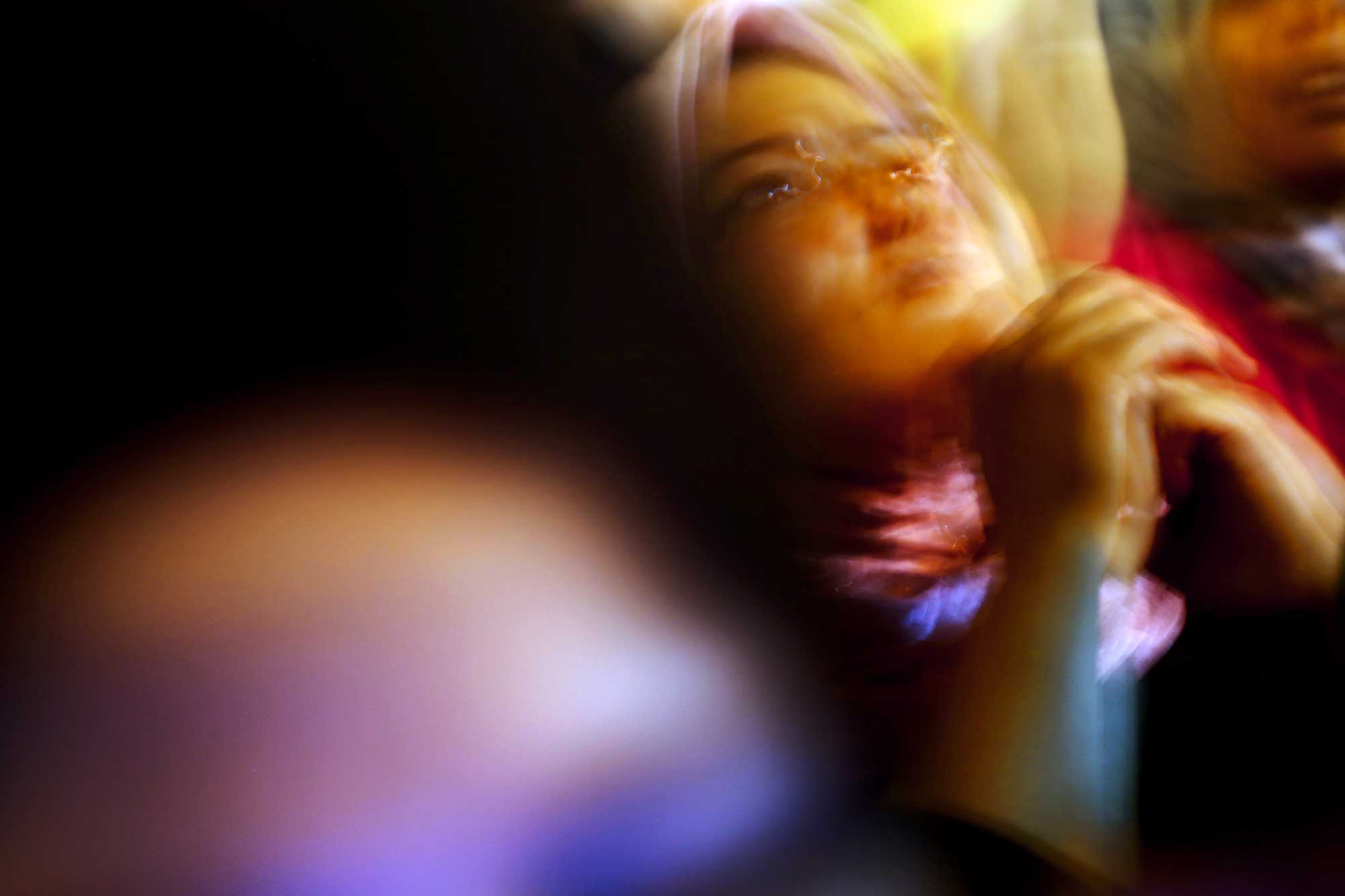
More Must-Reads from TIME
- Why Trump’s Message Worked on Latino Men
- What Trump’s Win Could Mean for Housing
- The 100 Must-Read Books of 2024
- Sleep Doctors Share the 1 Tip That’s Changed Their Lives
- Column: Let’s Bring Back Romance
- What It’s Like to Have Long COVID As a Kid
- FX’s Say Nothing Is the Must-Watch Political Thriller of 2024
- Merle Bombardieri Is Helping People Make the Baby Decision
Contact us at letters@time.com